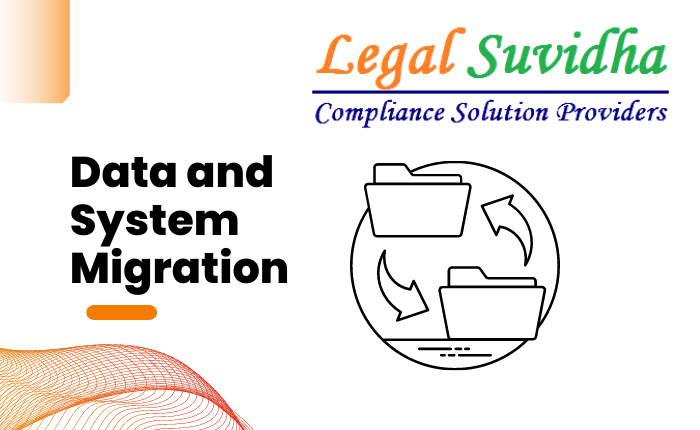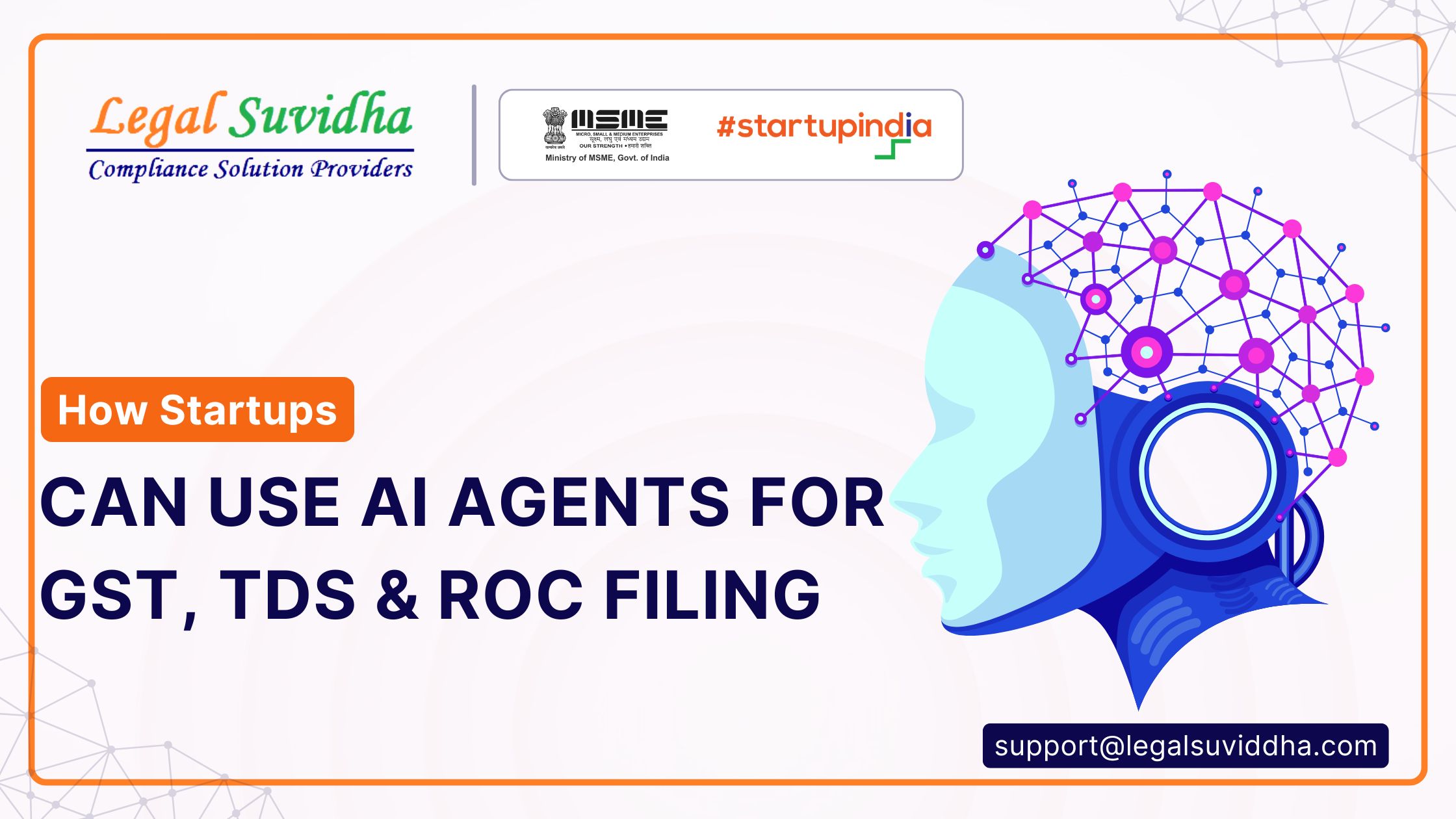In today’s rapidly evolving digital landscape, businesses are continuously seeking ways to optimize their operations and improve efficiency. Electronic invoicing (e-Invoicing) has emerged as a powerful solution for streamlining invoicing processes, reducing costs, and enhancing accuracy. Integrating e-Invoicing with an Enterprise Resource Planning (ERP) system can further amplify these benefits by enabling seamless data exchange and automating financial workflows. However, to ensure successful integration, organizations must carefully address the challenges associated with data migration and system migration. This blog post delves into the critical considerations involved in data migration and system migration when integrating e-Invoicing with an ERP system.
1. Data Migration Considerations:
Data migration forms the foundation of a successful e-Invoicing and ERP integration. It involves transferring existing invoice data from legacy systems or manual processes into the new environment. Here are the key considerations for effective data migration:
a) Data Cleansing: Before migrating data, it is crucial to ensure its integrity. Conduct a thorough data cleansing process to eliminate duplicate or outdated records, standardize formats, and resolve inconsistencies. This step sets the stage for accurate and reliable data in the integrated system.
b) Data Mapping: Create a comprehensive mapping between the data fields in the existing system and the corresponding fields in the e-Invoicing and ERP system. This mapping enables a smooth transfer of data, ensuring that it aligns correctly and accurately in the new environment.
c) Data Validation and Testing: Rigorous data validation and testing are essential to verify the accuracy and completeness of the migrated data. Implement validation checks to ensure data adherence to predefined business rules, and conduct sample testing to assess the data’s integrity and quality.
d) Historical Data: Evaluate the need to migrate historical invoice data. Retaining historical data can be valuable for reference, compliance, and reporting purposes. Consider legal requirements and business needs to determine the appropriate approach for migrating historical data, ensuring its accessibility and usability in the integrated system.
2. System Migration Considerations:
System migration involves the transition from the existing invoicing and ERP system to the new integrated environment. Consider the following aspects for a seamless system migration:
a) System Compatibility: Verify the compatibility between the chosen e-Invoicing solution and the ERP system. It is crucial to ensure that the integration between the two systems is supported and well-documented. Consult with the solution providers to ensure seamless compatibility and smooth information exchange.
b) Customizations and Configurations: Assess any customizations or configurations present in the existing system and evaluate their impact on the integration process. Determine whether these customizations need to be replicated in the new system or if alternative approaches can be adopted to achieve the desired functionality.
c) Integration Testing: Conduct rigorous testing to validate the integration between the e-Invoicing and ERP systems. Test data flow, synchronization, and communication channels to identify and address any potential issues. Thorough testing ensures that the integrated system operates seamlessly, enabling efficient data exchange and process automation.
d) Training and User Adoption: Plan comprehensive training sessions to familiarize users with the integrated e-Invoicing and ERP system. Provide guidance on new features, functionalities, and workflows to facilitate user adoption and minimize resistance to change. By ensuring user competence and comfort with the new system, organizations can maximize the benefits of the integration.
Risk assessment and mitigation strategies during e-Invoicing and ERP integration
Risk Assessment:
1. Data Security Risks: When integrating e-invoicing with an Enterprise Resource Planning (ERP) system, there is a risk of unauthorized access, data breaches, or data loss. Assess the security measures in place for both the e-invoicing platform and the ERP system to ensure they meet industry standards.
2. Integration Challenges: Integrating e-invoicing with an ERP system may require technical expertise and compatibility between different systems. Identify potential integration challenges and assess the technical feasibility of the integration process.
3. System Downtime: During the integration process, there is a risk of system downtime, which can impact business operations and disrupt invoicing processes. Evaluate the potential impact of system downtime and plan for contingencies to minimize any disruptions.
4. Compliance Risks: E-invoicing and ERP integration may require adherence to specific legal and regulatory requirements, such as tax regulations and data protection laws. Ensure that the integrated system complies with all applicable regulations to avoid legal penalties and reputational damage.
5. Data Accuracy and Integrity: Integrating e-invoicing with an ERP system involves data synchronization and transfer. Assess the risk of data inaccuracies, duplication, or loss during the integration process, and implement data validation and reconciliation mechanisms to maintain data integrity.
Mitigation Strategies:
1. Implement Robust Security Measures: Utilize encryption, secure data transmission protocols, and access controls to protect sensitive data. Regularly update security systems and conduct vulnerability assessments to identify and address any potential security gaps.
2. Thoroughly Evaluate Integration Requirements: Conduct a detailed analysis of integration requirements, including data formats, APIs, and system compatibility. Engage IT experts to ensure a smooth integration process and minimize technical challenges.
3. Develop a Contingency Plan: Prepare a contingency plan to address potential system downtime. This may involve setting up backup systems, conducting integration in phases, or scheduling integration during non-peak business periods.
4. Stay Compliant with Regulations: Keep track of legal and regulatory requirements related to e-invoicing and ERP integration. Work closely with legal and compliance teams to ensure the integrated system meets all necessary regulations.
5. Implement Data Validation Mechanisms: Establish data validation processes to ensure the accuracy and integrity of integrated data. This can include automated checks, reconciliation procedures, and periodic audits to identify and rectify any discrepancies.
6. Test and Monitor the Integrated System: Thoroughly test the integrated e-invoicing and ERP system before going live. Monitor system performance, data integrity, and user feedback continuously to identify and address any issues promptly.
7. Provide Employee Training: Offer comprehensive training to employees involved in the e-invoicing and ERP integration process. Educate them about potential risks, best practices, and security protocols to enhance their understanding and promote responsible usage.
By conducting a thorough risk assessment and implementing appropriate mitigation strategies, organizations can minimize potential risks and ensure a successful e-invoicing and ERP integration process.
If You have any queries then connect with us at [email protected] or [email protected] & contact us & stay updated with our latest blogs & articles








